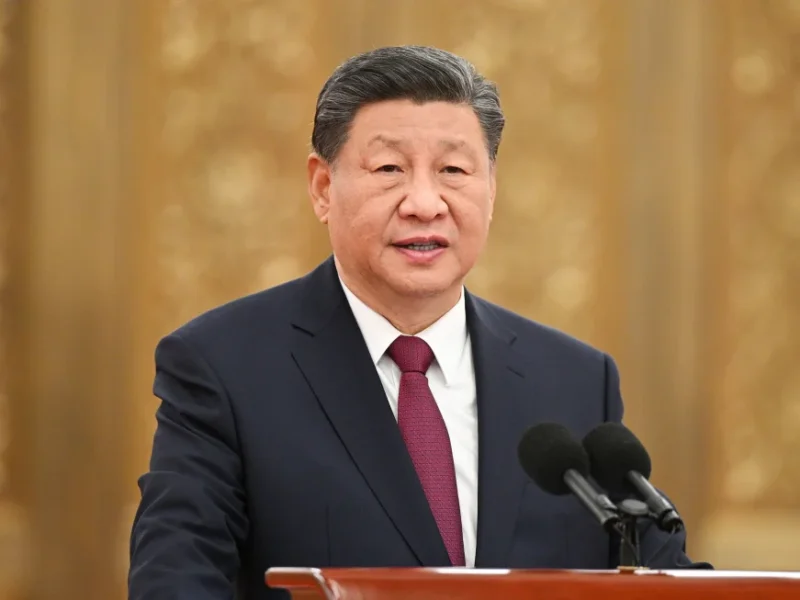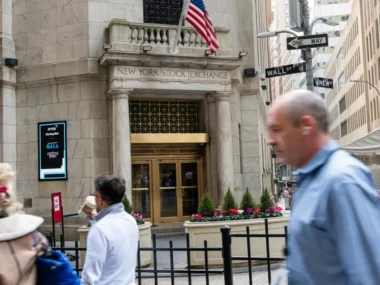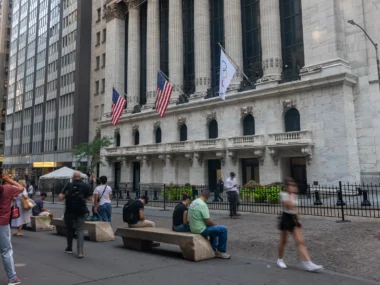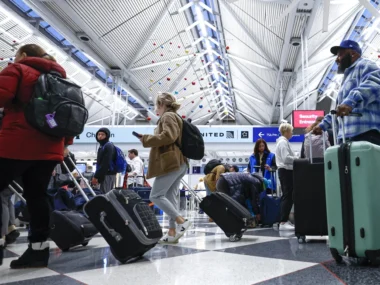In his New Year’s Eve speech, President Xi Jinping publicly acknowledged the challenges faced by China’s businesses and job seekers, marking the first time he has addressed economic difficulties in his annual New Year’s messages since 2013. This acknowledgment comes at a critical time for the world’s second-largest economy, grappling with a structural slowdown characterized by weak demand, increasing unemployment, and diminished business confidence.
Recognizing the “headwinds” confronting the nation, Xi openly admitted in his televised speech: “Some enterprises had a tough time. Some people had difficulty finding jobs and meeting basic needs.” These remarks, widely circulated by state media, reflect a notable departure from previous optimistic tones. Xi emphasized the importance of consolidating and strengthening the momentum of economic recovery.
Shortly before Xi’s address, the National Bureau of Statistics (NBS) released its monthly Purchasing Managers’ Index (PMI) survey, revealing a decline in factory activity to the lowest level in six months. The official manufacturing PMI dropped to 49 last month, down from 49.4 in November, indicating the third consecutive month of contraction. A PMI reading above 50 signifies expansion, while a reading below 50 represents contraction, underscoring the challenges faced by China’s manufacturing sector.
Decline in manufacturing sector
Throughout 2023, China’s extensive manufacturing sector faced persistent weakness. Following a brief upturn in economic activity in the first quarter of the year, the official manufacturing Purchasing Managers’ Index (PMI) showed contraction for five consecutive months until September. Subsequently, it fell below the 50-point threshold again.
China’s economy grappled with various challenges during this period, including a prolonged downturn in the property market, exceptionally high youth unemployment rates, persistently low prices, and increasing financial pressures on local governments.

A partially constructed apartment building in Xinzheng City, Zhengzhou, located in China’s central Henan province, observed on June 20, 2023.
Beijing is actively working to rejuvenate economic growth and stimulate employment, implementing a series of supportive measures last year and committing to intensify fiscal and monetary policies in 2024. However, the government’s increasingly interventionist economic approach, prioritizing the party-state’s control over economic and social matters at the expense of the private sector, has unnerved entrepreneurs. Additionally, the government’s crackdown on businesses in the name of national security has led to the apprehension of international investors.
On Saturday, the People’s Bank of China announced its approval of an application to remove controlling shareholders at Alipay, the widely used digital payment platform operated by Jack Ma’s Ant Group. This move signifies that Jack Ma has officially relinquished control of the company he co-founded. Jack Ma, the co-founder of Alibaba Group, had announced in January of the previous year his intention to step back and relinquish control of Ant Group as part of his broader withdrawal from his online business ventures. His companies, including Alibaba and Ant Group, were among the initial targets of Beijing’s unprecedented crackdown on Big Tech. The actions were driven by concerns that these tech giants had accumulated excessive power, a viewpoint that drew scrutiny from the Communist Party.
Strict stance regarding Taiwan
Xi Jinping reiterated his commitment to the reunification of the Chinese mainland with Taiwan, emphasizing this stance ahead of a crucial election in Taiwan. He expressed a strong determination for China’s reunification and called for a shared sense of purpose among all Chinese on both sides of the Taiwan Strait. These remarks, part of his speech on China’s modernization and development plans, come just two weeks before Taiwan’s presidential elections on January 13.
Xi’s comments this year took a more pointed tone compared to his New Year address in the previous year when he emphasized the familial ties between the people on both sides of the Taiwan Strait. The issue of Taiwan remains a key aspect of Xi Jinping’s broader goal to enhance China’s global power and stature. The Chinese Communist Party claims Taiwan as its own territory, and Xi has not ruled out the use of force to achieve reunification.
Taipei has accused the Chinese Communist Party of running influence operations leading up to the election. Vice President Lai Ching-te, a candidate openly disliked by Beijing, is considered a frontrunner in the election.











